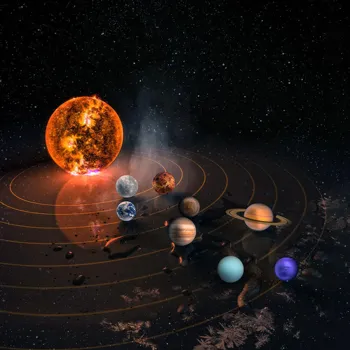Unravel the cosmic mysteries of planets and their role in the universe’s history. Read more to explore the secrets they hold
For centuries, folks in India have looked up at the night sky, wondering about
the stars and planets. Now, scientists are digging deeper into what these celestial bodies can tell us about the universe's long and complex past.
From the formation of our solar system to the potential for life beyond Earth, planets play a vital role in unraveling cosmic mysteries. Studying planets is like reading ancient texts, each one holding clues to a story that spans billions of years.
Understanding planet formation through composition analysis shapes solar system history
Understanding the formation of planets is key to grasping the early stages of our solar system. Scientists believe planets formed from a swirling disk of gas and dust around a young star, our Sun.
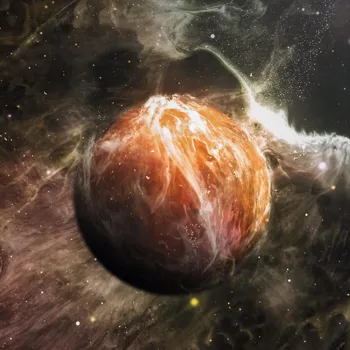
By analyzing the composition of planets, like the rocky ones such as Earth and Mars, and the gas giants like Jupiter and Saturn, they can piece together the materials that were present at the solar system's birth.
This analysis helps determine how these building blocks came together, ultimately leading to the diverse range of planetary bodies we observe today.
Different methods are used to study planets, from ground-based telescopes spotting light from distant planets, to space missions sending back detailed data.
Exploring exoplanets reveals diverse planetary characteristics challenging previous assumptions
The study of exoplanets, or planets orbiting stars other than our Sun, has revolutionized our understanding of planetary diversity. Thousands of exoplanets have been discovered in recent years, showcasing an amazing variety of sizes, densities, and orbital configurations.
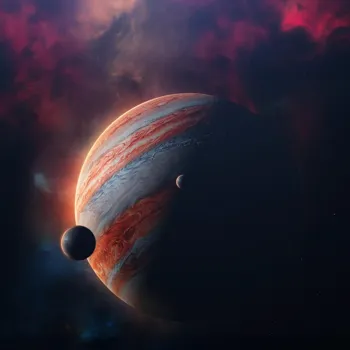
Some are scorching hot, orbiting very close to their stars, while others are icy and distant. Some are rocky like Earth, and others are gaseous giants larger than Jupiter. This diversity challenges previous assumptions about planet formation.
By examining the atmospheres of exoplanets, scientists can even look for the presence of water, oxygen, or other signs of life.
Planets offer clues for potential life beyond Earth
Planets also hold clues to the possibility of life in other parts of the universe. The search for habitable planets, those that could potentially support liquid water on their surface, is a major focus of astronomical research.
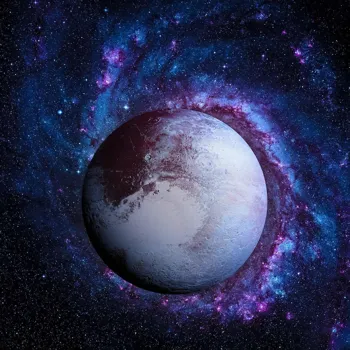
Factors like a planet's distance from its star, its atmosphere, and its composition all play a role in determining its habitability. Mars, our neighbor, continues to be a target for this search, with rovers exploring its surface.
Scientists are analyzing samples searching for past or present signs of microbial life. The ultimate goal is to find a planet like Earth.
Meteorites offer insights into planets' composition
The study of meteorites, space rocks that fall to Earth, also provides valuable insights into the composition of other planets and asteroids in our solar system. Many meteorites are remnants of the early solar system, offering a snapshot of the materials available at that time.
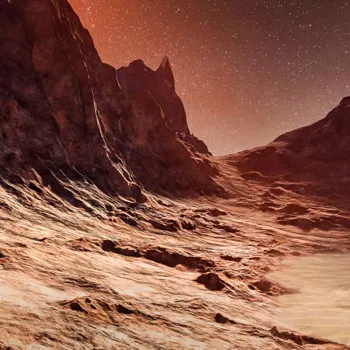
Some meteorites have even been traced back to Mars, ejected from the planet by impacts and eventually making their way to Earth. These Martian meteorites provide a unique opportunity to study the geochemistry of Mars without sending a spacecraft. Meteorites thus help us understand distant worlds.
Future space missions and telescopes advance planetary understanding
Looking ahead, future space missions and ground-based observatories promise to further advance our understanding of planets and their role in the universe's history. New telescopes, like the Extremely Large Telescope (ELT) could detect exoplanet atmospheres.

Missions like the Europa Clipper, will explore the icy moon of Jupiter which has a subsurface ocean. These missions will provide data. Together it can help answer fundamental questions about the origin of life.
The ongoing investment in planetary exploration demonstrates our desire to understand the universe.
Exploring planets reveals cosmic mysteries, our place in universe
The study of planets isn't just about understanding the distant past, its about the present and the future. By studying the planets in our solar system and those around other stars, scientists hope to get knowledge about our own planet.
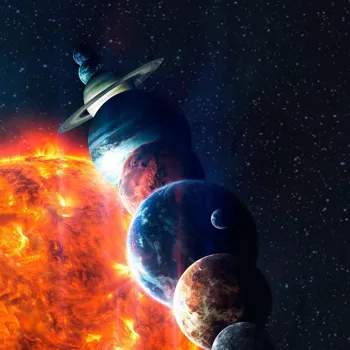
Understanding the history and evolution of these celestial bodies can help us address important questions about our place in the universe. From the formation of our solar system to the search for life beyond Earth, planets hold the keys to unlocking some of the biggest cosmic mysteries.
This is how we can know the universe.
Studying rocky and gaseous planets for solar system insights
Analyzing the composition of these rocky and gaseous planets is crucial for understanding what materials were available in the early solar system. Different techniques like ground-based telescopes and space missions are used to study these planets.
Exoplanets reveal potential signs of life through atmosphere analysis
Exoplanets, planets orbiting stars other than our Sun, have brought us many planets of different shapes and sizes. By analyzing the atmospheres of exoplanets, they can even find signs of water, oxygen or other things that can show signs of life.
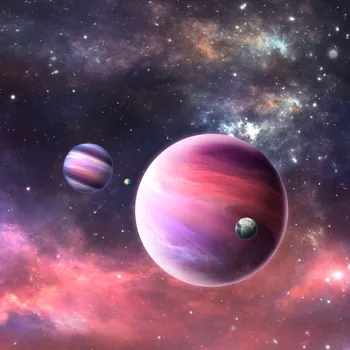
Scientists search for life on habitable planets like Mars
Scientists want to know if there is life somewhere else. Planets that could have liquid water on their surface are called habitable planets, and the search for these is important in astronomy. Mars is a target of this search, with rovers analyzing the rocks.
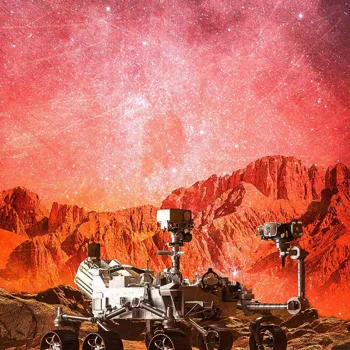
Meteorites reveal materials from Mars, aiding planet study
Meteorites, which are space rocks that fall to Earth, give us useful information about the materials of other planets and asteroids in our solar system. Some meteorites originate from Mars. They give us a chance to study the planet's chemistry.
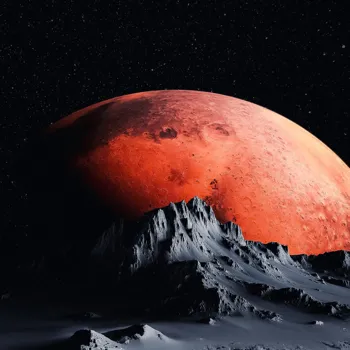
Future missions explore planets; new telescopes study exoplanet atmospheres
Future space missions and ground-based observatories promise a deeper understanding of planets and their significance in the history of the universe. New telescopes, like the one called Extremely Large Telescope will detect exoplanet atmospheres.
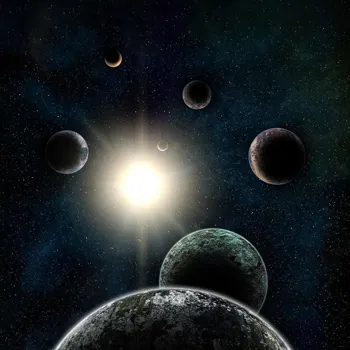
Studying planets for insight on Earth's future
Studying planets helps us understand the present and the future. Scientists hope to learn more about our own planet by studying the planets in our solar system and around other stars. The planets can help us understand our own planet.
